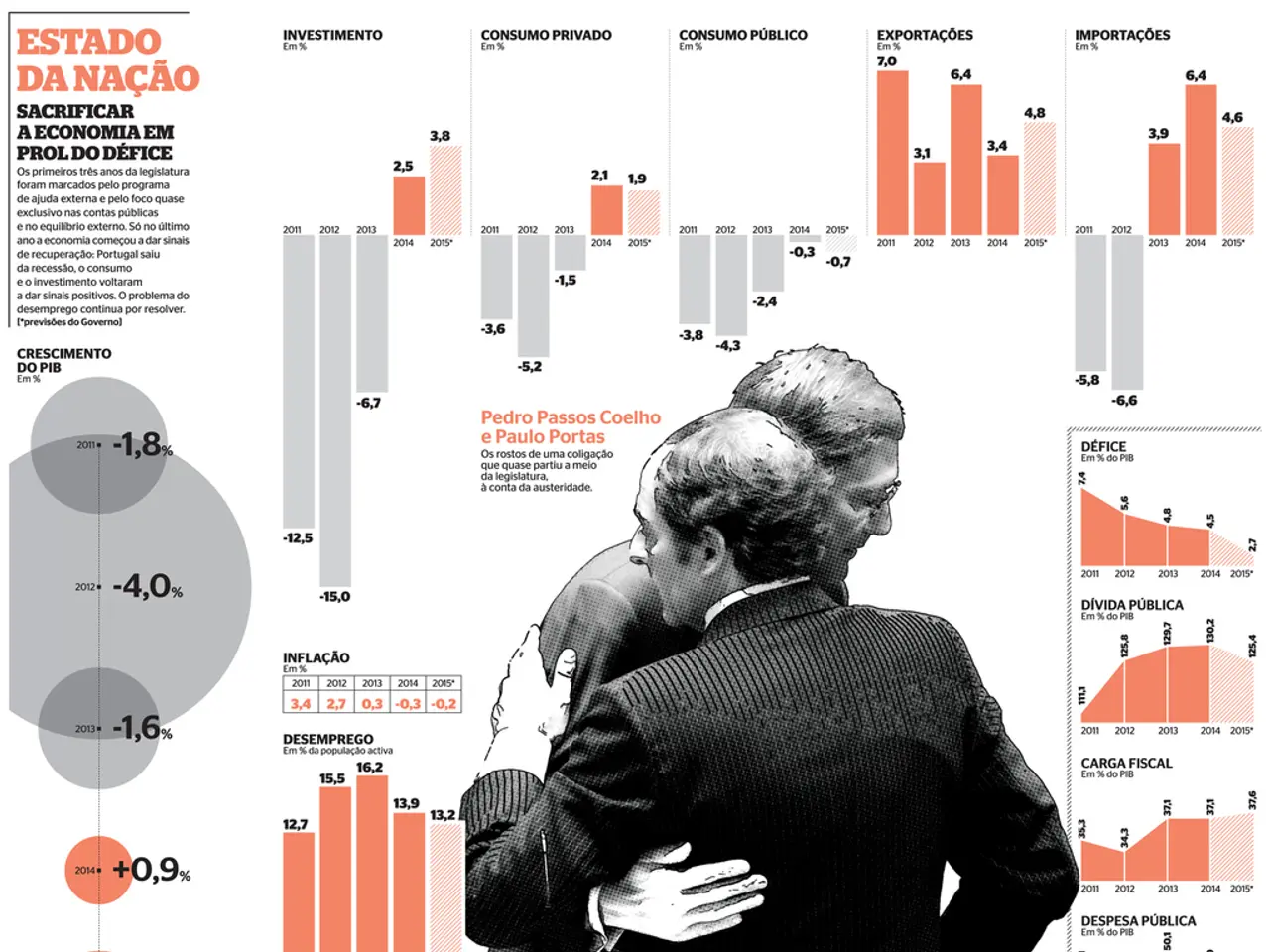Struggling with Intense Emotions in Relationships: navigating the volatile highs and lows
In the intricate world of human relationships, understanding and navigating dynamics can be a challenging yet rewarding journey. This article explores some key aspects of relationships, focusing on push-pull dynamics, fear of abandonment, and the importance of self-empowerment.
Firstly, it's important to acknowledge that getting out of an unhealthy relationship can often be the healthiest choice, allowing individuals to focus on personal goals and healing. However, understanding the reasons behind these dynamics can help prevent such situations.
A lack of object constancy, projective identification, or splitting can cause intimacy and closeness within relationships to trigger feelings of being trapped or abandoned. This fear, known as fear of being engulfed or trapped, is characterized by feelings of being smothered or losing autonomy.
Fear of abandonment is another common issue in relationships. This fear is characterized by a deep-rooted fear of being alone, left behind, or forgotten. Those who fear abandonment may resort to desperate measures like self-harm, alcohol or drug use, to prevent abandonment.
The study by Pervin, T., & Eren, N. (2019) discusses psychodynamic formulation in borderline personality disorder, shedding light on the complexities of such fears and behaviours.
In some cases, people may seek out emotionally unavailable relationships or shallow, unfulfilling ones due to a perceived safety. This is often rooted in insecure attachment styles, early life trauma, PTSD, personality, and unhealthy habit formation.
Recognizing the differences between being alone and feeling lonely is crucial in establishing a healthy sense of self. Taking time to be alone can help address core issues and increase awareness.
The study by Toplu-Demirtas, E., et al. (2018) explores the mediating role of relationship satisfaction in attachment insecurity and restrictive engulfment in college student relationships, further emphasizing the importance of healthy relationships.
In Germany, therapists who specialize in treating unhealthy relationship dynamics and facilitating self-empowerment are plentiful. These include Paartherapeuten (couples therapists), Psychotherapeuten (psychotherapists), and coaches focusing on toxic relationship patterns and personal development. Concepts like the Liebeschip method and workshops like "SAVE THE LOVE" aim to recognize and overcome toxic behaviours, promoting healthy personality development and relationship skills.
However, it's essential to note that a partner unwilling to address their own improvement goals will continue the push-pull dynamic. Working with a therapist who specializes in relationship dynamics and self-empowerment can help create healthy habits and individual goals for personal growth.
Ultimately, humans are wired for connection and seek lasting, intimate bonds. Emotionally void or shallow relationships lack the emotional intensity and dramatic flair that some personalities crave, leading to feelings of boredom and a desire to leave. By understanding and addressing these dynamics, individuals can work towards building healthier, more fulfilling relationships.
Read also:
- Peptide YY (PYY): Exploring its Role in Appetite Suppression, Intestinal Health, and Cognitive Links
- Toddler Health: Rotavirus Signs, Origins, and Potential Complications
- Digestive issues and heart discomfort: Root causes and associated health conditions
- House Infernos: Deadly Hazards Surpassing the Flames








